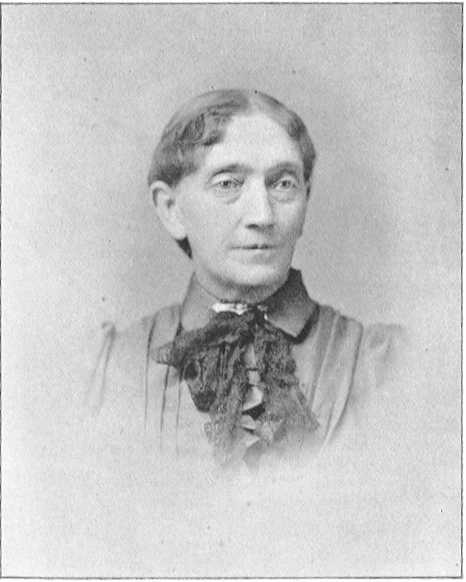This is a transcription of the Augusta Cooper Bristol biography from New Hampshire Women: A Collection of Portraits and Biographical Sketches of Daughters and Residents of the Granite State, Who are Worthy Representatives of their Sex in the Various Walks and Conditions of Life, The New Hampshire Publishing Co., Concord, NH, 1895, page 67

Augusta (Cooper) Bristol
AUGTUSTA COOPER BRISTOL, poet and lecturer, the youngest of ten children of Col. Otis and Hannah (Powers) Cooper, was born Croydon April 17, 1835. Her poetical taste was manifest in childhood, her first verses being written when she was eight years of age. She excelled in mathematics and early manifested an aptitude for logical and philosophical reasoning. Educated in the public schools and Canaan and Kimball Union Academies, she began teaching at fifteen, and was thus employed until her marriage at twenty-two, with G. F. Kimball, from whom she was divorced five years later. In 1866 she married Louis Bristol, a lawyer of New Haven, Conn., removing to Illinois. In 1869 she published a volume of poems, and, the same year, gave her first public lecture, which circumstance seems to have changed the course of her intellectual career. In 1872 she removed to Vineland, N. J., her present home, whence she has been frequently called before the public as a speaker. She was four years president of the Ladies’ Social Science class in Vineland. In 1880 she gave a course of lectures before the New York Positivist Society on “The Evolution of Character,” and another before the Woman’s Social Science Club. In June following, she went to Europe and Spent several months studying the equitable association of labor and capital at the Familistere, founded by M. Godin in France, also representing the New York Positivist Society in an international convention of liberal thinkers in Brussels, before which body she gave a lecture upon the “Scientific Basis of Morality.” Returning home she published the “Rules and Statutes” of the association in Guise. In 1881 she was chosen lecturer of the New Jersey State Grange and was employed on a national lecture bureau of the Patrons of Husbandry. Since her husband’s death in 1882, she has seldom appeared on the platform, but was one of the speakers in the Congress of Representative Women at the World’s Fair in Chicago.
